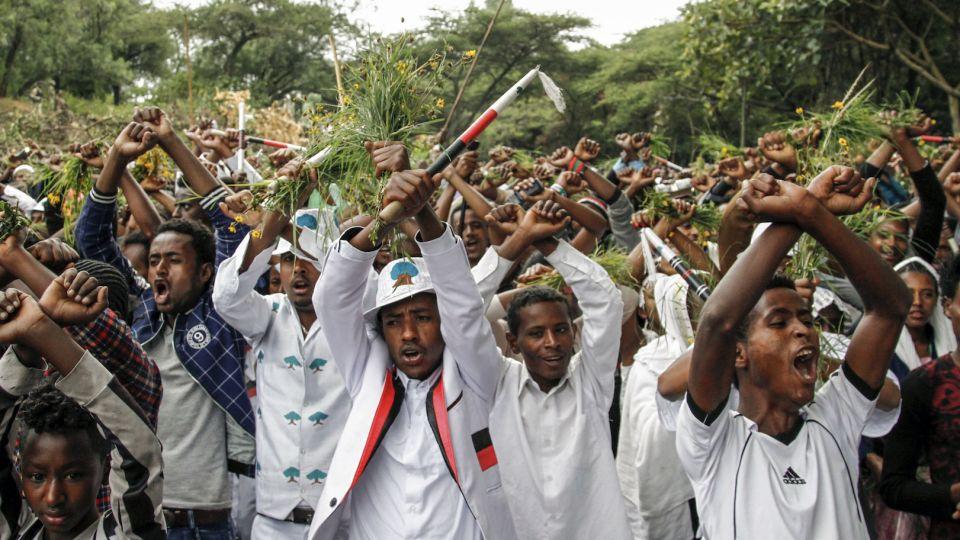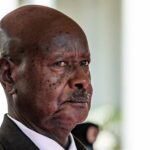Ethiopia pardons more than 3,000 political prisoners
Published on January 23, 2019 at 12:04 PM by Face of Malawi
The previous government had said around 30,000 people including students, opposition leaders, journalists and bloggers were in detention following widespread protests that broke out in 2015.
Abiy took office in April following more than two years of anti-government unrest that had prompted the government to twice declare a nationwide state of emergency and led to hundreds of deaths and tens of thousands of arrests.
He has since won over many Ethiopians by releasing jailed dissidents and welcoming home banned groups, all while promising to make elections expected in 2020 free and fair.
In addition to the release of political prisoners, parliament in June legalised two secessionist groups – the Oromo Liberation Front and the Ogaden National Liberation Front and the exiled opposition movement ‘Ginbot 7’, all previously considered terrorist groups.
The government is now in discussion with opposition politicians and civil society groups to make amendments to the anti-terrorism law.
But violence has also surged since his inauguration, with ethnic clashes breaking out throughout the countryside and in the capital Addis Ababa.
The fighting drove at least 1.4 million people from their homes last year, among the highest tallies in the world.
Earlier this week, the United Nations humanitarian coordinator in Ethiopia said more aid was needed for 250,000 people displaced in the Benishangul-Gumuz and Oromia regions in western Ethiopia, where ethnic violence surged late last year.
Source : AfricaNews





